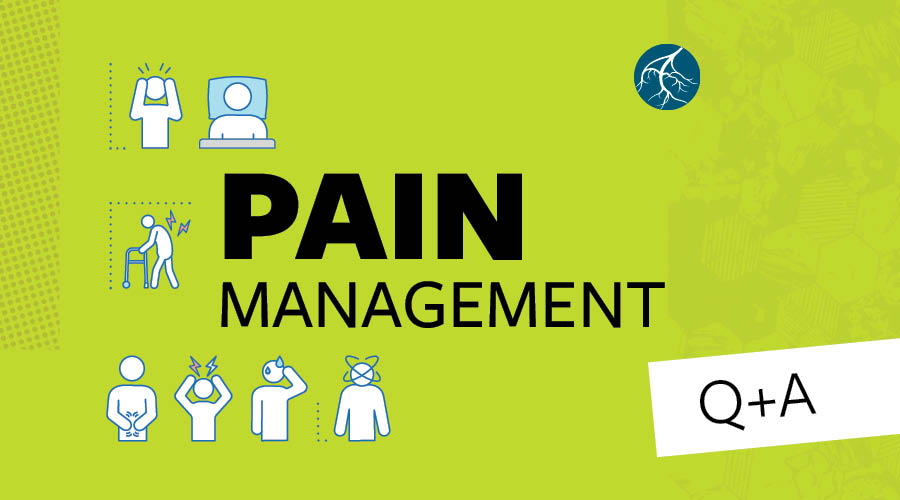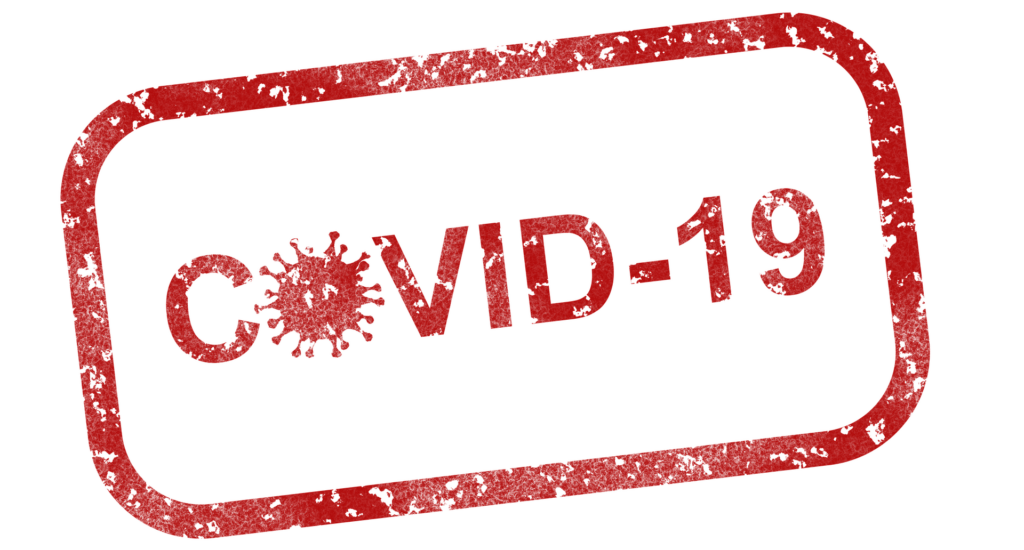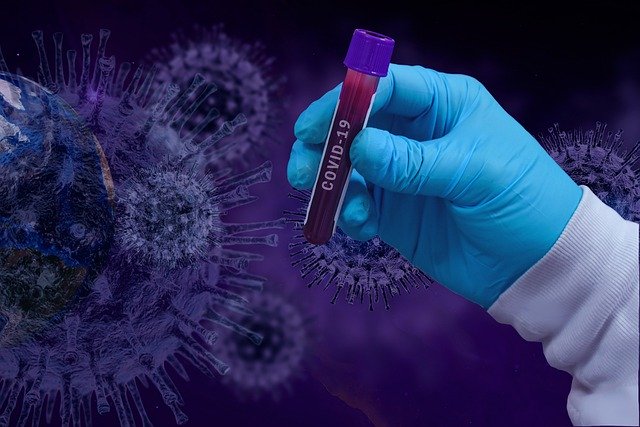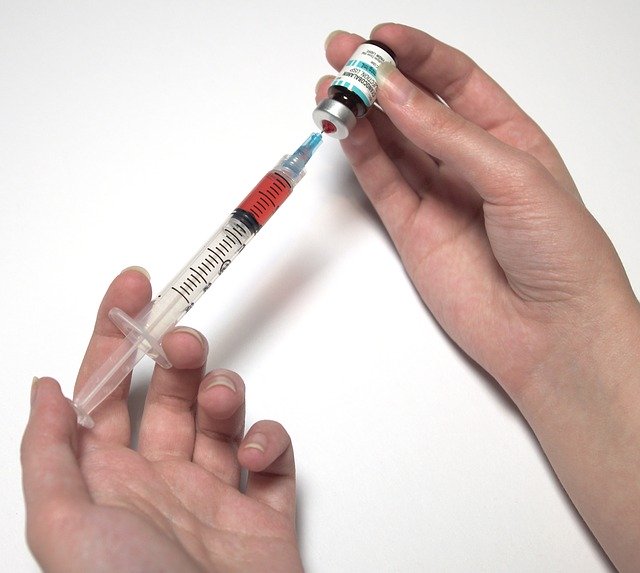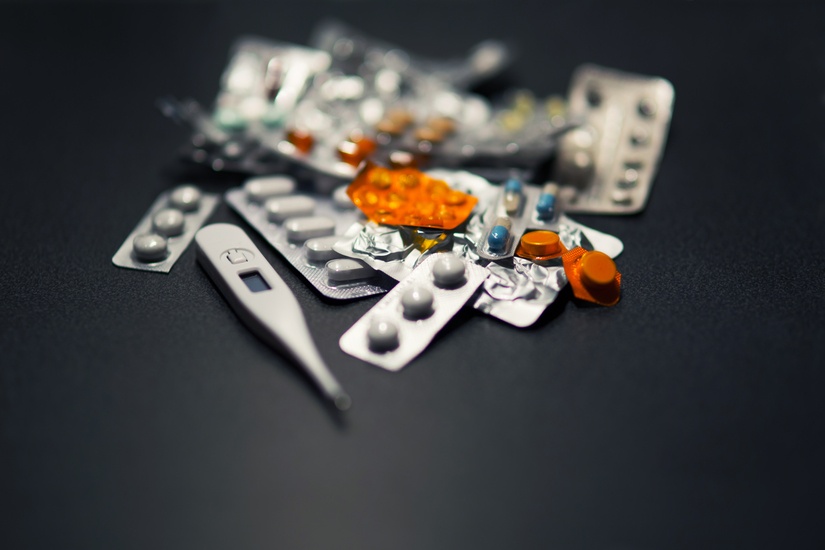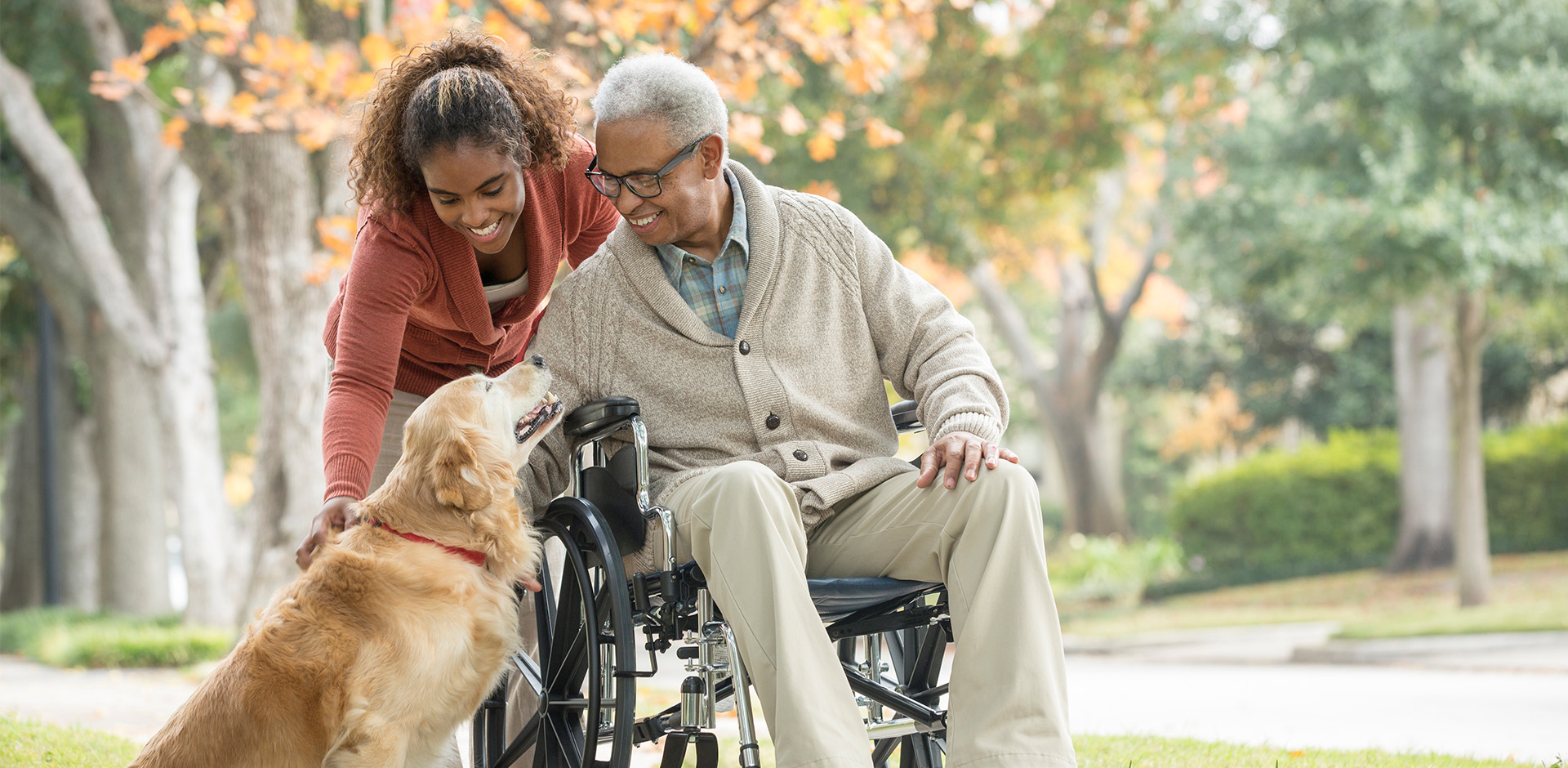Guillain-Barré Syndrome
Causes of Guillain-Barré Syndrome
Guillain-Barré (ghee-yan bah-ray) syndrome (GBS) is a rare inflammatory disorder in which the body’s immune system attacks the protective covering of the peripheral nerves (myelin sheath), preventing the nerves from sending signals to the muscles. It can develop over the course of several hours or days, or it may take up to 3 or 4 weeks. It is the most common cause of rapidly acquired paralysis and should be treated as a condition requiring urgent diagnosis and treatment.
6000
A rare condition, it’s estimated about 3,000–6,000 people develop GBS each year in the United States.
100%
100% of Guillain-Barré Syndrome patients suffer from PN, since the condition attacks and damages peripheral nerves
20%
Most people recover fully from GBS, but some people have long-term nerve damage. About 20% of patients still have disability for more than a year.
The first symptoms of GBS usually include varying degrees of weakness or tingling sensations in the legs. In many instances, the weakness and abnormal sensations ascend and spread to the arms and upper body. Although many cases are mild, these symptoms can increase in intensity until the muscles cannot be used at all and the patient is almost totally paralyzed. In extreme cases, the patient has difficulty breathing and must be placed on a ventilator. If the throat and face are affected, a feeding tube may be required. In some cases, peripheral neuropathy may develop
GBS improves spontaneously, but the recovery period may take from several weeks to more than a year. Most patients make a total recovery, from even the most severe cases of GBS, although some continue to have a certain degree of weakness, numbness or occasional pain.
Because of its sudden and unexpected onset, GBS can be a devastating disorder. It is called a syndrome rather than a disease because it is not clear that a specific disease-causing agent is involved. No one yet knows why GBS strikes some people and not others, or what sets the disease in motion. There is no known cure for GBS, but therapies can lessen the severity of the illness and speed up recovery in most patients.
GBS can strike anyone, regardless of age or sex. GBS is not contagious, but it may follow a bacterial or viral infection, such as campylobacterial infection (caused by a bacteria found in undercooked food, especially poultry) or Epstein-Barr virus (EBV). Although GBS is not inherited, there may be a genetic predisposition to the disease. Some patients have a similar but longer-lasting illness called chronic inflammatory demyelinating polyneuropathy (CIDP). Once called ‘chronic GBS,’ CIDP is now considered a related, but distinct condition. GBS is also sometimes known as acute inflammatory demyelinating polyneuropathy (AIDP).
Symptoms & Signs
(Not all symptoms and signs may be present)
- Acute or sub acute onset
- 50 – 60% of cases occur days or weeks after a viral or bacterial infection, such as a sore throat, the flu, or diarrhea.
- Surgery, childbirth or vaccinations may also trigger the syndrome
- Full recovery (even from extreme cases) probable for most patients
- Pain in spine and limbs
- Reflexes such as knee jerks are lost
- Weakness and tingling sensation in legs, possibly spreading to upper body and arms
- Weakness in breathing, swallowing and the muscles used to cough
- In extreme cases, paralysis
Evaluation & Tests
(Not all evaluation and tests may be necessary)
- Neurological exam
- Electromyography
- Nerve conduction velocity test
- Spinal tap (lumbar puncture)
- Blood tests
Treatment & Therapy
(Not all treatments and therapies may be indicated)
- Intravenous immunoglobulin (IVIg)
- Plasmapheresis
- Pain medication
- Physical therapy
- Speech therapy if needed
- Ventilator, if needed
- Take safety measures to compensate for loss of sensation
Today, doctors are exploring a link between pre-diabetes (also known as impaired glucose tolerance or IGT) and peripheral neuropathy. Approximately 10% of adults in America have what is being called “pre-diabetes” or “borderline diabetes”—a condition where the body has higher than normal blood sugar levels, but not high enough to be diagnosed as true diabetes. If left untreated, people with pre-diabetes are at risk of developing type 2 diabetes, heart disease, and nerve damage (which could result in peripheral neuropathy.)
People with pre-diabetes or IGT can significantly reduce their risk of developing type 2 diabetes through diet, exercise and learning to control their blood sugar levels.
Symptoms
(Not all symptoms and signs may be present)
People with IGT often have no symptoms. People who actually have diabetes—and who therefore are at greater risk of developing peripheral neuropathy—often don’t realize it because the symptoms of diabetes come on so gradually. Pre Diabetic symptoms and its complications include:
- Frequent urination
- Blurred vision
- Constant thirst
- Fatigue
- Frequent infections
- Cuts and bruises that heal slowly
- Tingling or numbness in the hands or feet
Tests
(Not all evaluation and tests may be necessary)
To test for pre-diabetes:
- Blood test
- Oral glucose tolerance test
Treatments
(Not all treatments and therapies may be indicated)
- Over-the-counter pain medication for mild pain
- Take safety measures to compensate for loss of sensation.
- Ask your doctor about special therapeutic shoes (which may be covered by Medicare and other insurance).
The first sign of diabetic neuropathy is usually numbness, tingling or pain in the feet, legs or hands.
Over a period of several years, the neuropathy may lead to muscle weakness in the feet and a loss of reflexes, especially around the ankle.
As the nerve damage increases, the loss of sensation in the feet can reduce a person’s ability to detect temperature or to notice pain. Because the person can no longer notice when his/her feet become injured, people with diabetic neuropathy are more likely to develop foot problems such as skin lesions and ulcers that may become infected.
Diabetic neuropathy may suddenly flare up and affect a specific nerve or group of nerves. When this occurs, the result may be weakness and muscle atrophy in various parts of the body, such as involvement of the eye muscles or eyelid (e.g., causing double vision or a drooping eyelid) or thigh muscles. Alternatively, neuropathy caused by diabetes may slowly progress over time. It also can interfere with the normal functioning of the digestive system and sexual organs.
Symptoms
(Not all symptoms and signs may be present)
- Numbness, tingling, or pain in the toes, feet, legs, hands, arms, and fingers
- Indigestion, nausea, or vomiting
- Diarrhea or constipation
- Dizziness or faintness due to a drop in blood pressure especially when rising to a standing position
- Problems with urination
- Erectile dysfunction (impotence) or vaginal dryness
Tests
(Not all evaluation and tests may be necessary)
- Comprehensive foot exam
- Physical examination
- Neurological exam
- Electromyography
- Nerve conduction velocity test
- Quantitive sensory testing (QST)
- Nerve or skin biopsy
- Blood studies (to verify diabetes (e.g., HbA1C) and to rule out other potential causes)
Treatments
(Not all treatments and therapies may be indicated)
The goal of treatment for diabetic neuropathy is to relieve discomfort and to prevent further tissue damage. The first step is to bring blood sugar levels under control by diet and medication. Another important part of treatment involves taking special care of the feet.
- Over-the-counter pain medication for mild pain
- For severe pain, take over-the-counter pain medication or prescription drugs used for peripheral neuropathy, on a regular basis—rather than waiting until nighttime when symptoms can become more severe
- Keep blood sugar levels in normal range
- Get regular exercise
- Maintain a healthy weight
- Antidepressants (for pain relief)
- Foot care: inspect your feet daily for injuries
- Special Therapeutic shoes (which may be covered by Medicare and other insurance)
- Take safety measures to compensate for loss of sensation
Resource library
Read our newsletter and explore educational brochures to help expand your knowledge of peripheral neuropathy.
